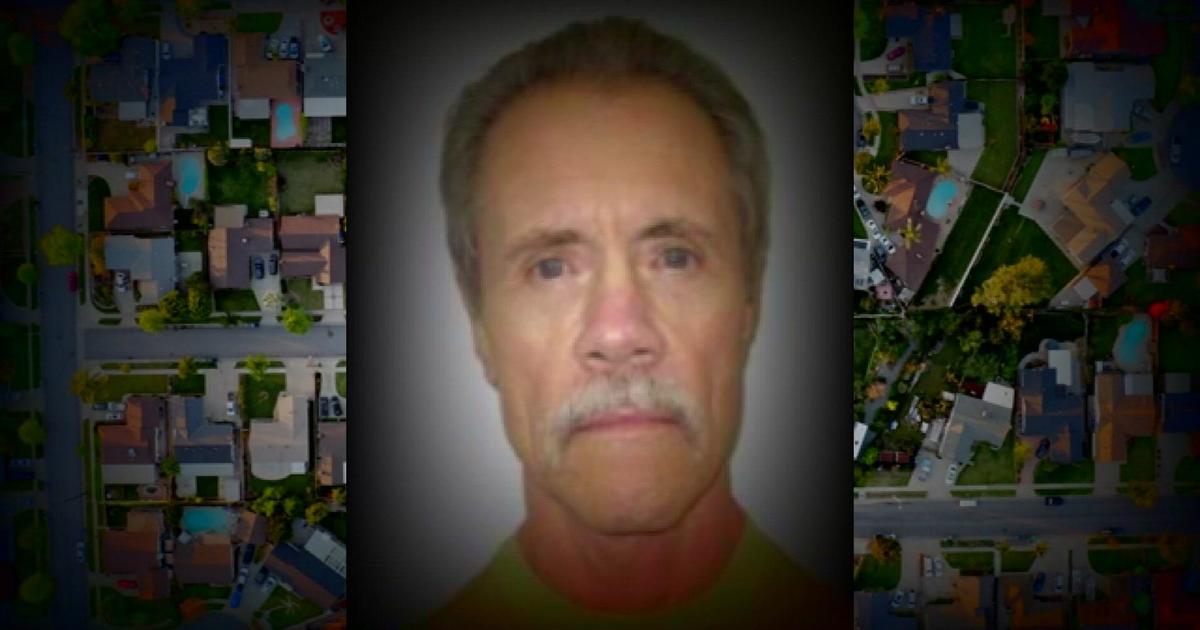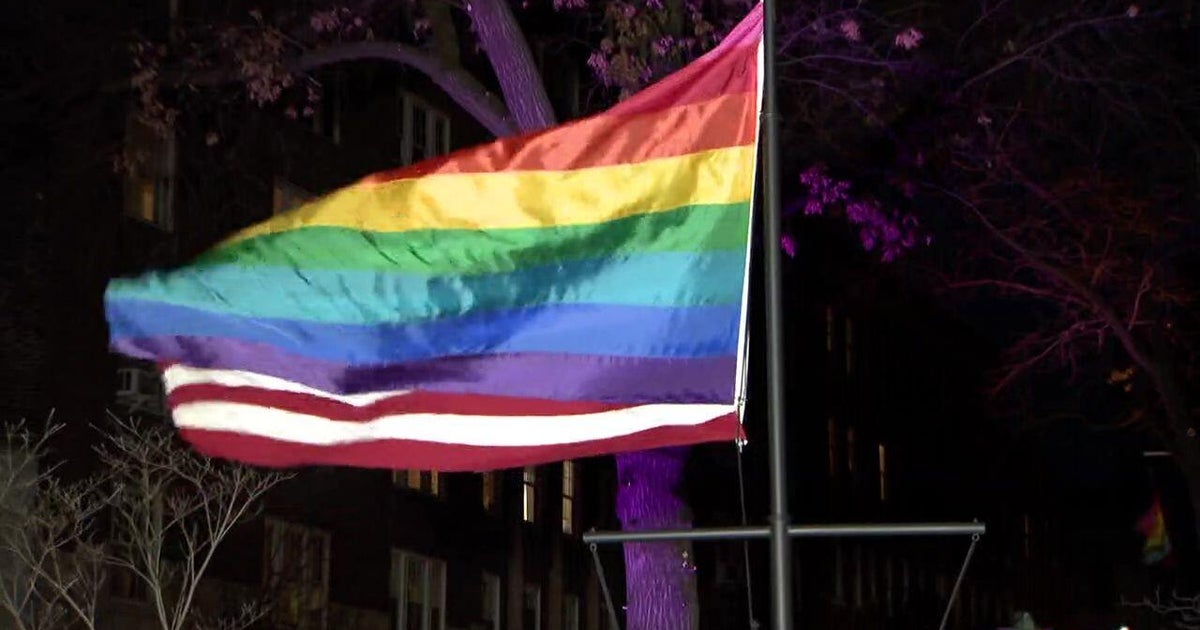Federal judge rules Illinois assault weapons ban unconstitutional
CHICAGO (CBS) -- A federal judge in downstate Illinois has ruled the state's ban on assault weapons is unconstitutional, but will hold off on prohibiting the state from enforcing it for one month to allow for a likely appeal.
U.S. District Judge Stephen McGlynn, who sits on the federal court in East Saint Louis, wrote in his 168-page opinion that the statewide ban on assault-style weapons violates the Second Amendment.
The Protect Illinois Communities Act bans the sale of assault-style weapons and high-capacity magazines, and requires existing owners of those weapons to register them with Illinois State Police.
The legislation, signed into law in January 2023, banned dozens of specific brands or types of rifles and handguns, .50-caliber guns, attachments and rapid-firing devices. No rifle will be allowed to accommodate more than 10 rounds, with a 15-round limit for handguns.
As part of his ruling that the assault weapons ban is unconstitutional, McGlynn issued a permanent injunction prohibiting enforcement of the ban, but he stayed that injunction for 30 days to give the state time to file an appeal.
Gun control laws have come under renewed scrutiny in the wake of the Supreme Court's June 2022 decision that imposed a new framework for evaluating the constitutionality of gun restrictions. In that ruling, the court said that for firearms laws to comply with the Second Amendment, the government must identify historical analogues that show the measure is consistent with the nation's history and tradition of firearms regulation.
McGlynn sided with plaintiffs who argued the Illinois assault weapons ban does not fit within the Supreme Court's framework, and who argued that assault weapons are commonly used for self-defense.
"What is particularly disturbing is that the prohibition of weapons that are commonly owned and used by citizens are now banned, depriving citizens of a principal means to defend themselves and their property in situations where a handgun or shotgun alone would not be the citizen's preferred arm," McGlynn wrote. "Sadly, there are those who seek to usher in a sort of post-Constitution era where the citizens' individual rights are only as important as they are convenient to a ruling class."
McGlynn compared the use of firearms for self-defense to equipping vehicles with airbags, ocean liners with lifeboats, or houses with storm shelters.
"Why do we protect ourselves with firearms? In life, we face many perils," He wrote. "Too often, the perils we face are forced upon us by other people. By people who are negligent, reckless, insane, impaired, or evil. Sometimes it is the proverbial lone wolf; sometimes, it is the whole wolf pack. Truly, life comes at you quickly. And who comes to our aid in times of peril? Sometimes, it is the police or first responders; other times it is healthcare professionals; and sometimes it is family, friends, or neighbors. Sometimes, it is no one."
Before the case went to trial earlier this year, McGlynn issued a temporary injunction prohibiting Illinois from enforcing the assault weapons ban, but a federal appeals court later reversed that decision. In July, the Supreme Court declined to take up the case, sending it back to McGlynn for a trial, which was held in September.
Meanwhile, a case against an assault weapons ban in Maryland has been upped to the Supreme Court. If the Supreme Court takes the Maryland case, it could take the Illinois case—or send it back to the Seventh Circuit Court of Appeals.
Two similar lawsuits are pending in federal court in Chicago.
Gun rights and gun control advocates react
Dan Eldridge was one of the plaintiffs who argued that assault-style weapons banned under Illinois law are commonly used for self-defense purposes.
"Illinois does not want to be the test case that shows all of these state so-called assault weapon bans are unconstitutional," said Dan Eldridge, president of Firearm Licensees of Illinois.
Eldridge said the judge simply decided the Illinois law ran afoul of the U.S. Constitution.
"This trial was on the merits of the case, and he found in our favor, and found that PICA's 'assault weapon' ban is unconstitutional under the 2nd and 14th amendments," he said.
Rachel Jacoby of Highland Park was in Springfield on Jan. 10, 2023—the day Gov. JB Pritzker signed the ban int law—representing her community. It was July 4, 2022, when a man with a high-powered rifle opened fire on an Independence Day parade in Highland Park and killed seven people.
"This ruling is a slap in the face to every single person in Illinois who's been affected by gun violence, because those of us who have been personally affected by gun violence know the pain and trauma that comes from experiencing this," Jacoby said, "and this judge's ruling is callous and unfounded in my opinion."
Although the State of Illinois has already appealed the ruling, Eldridge said he hopes the plaintiffs are fortunate enough to win.
"And everything goes back to how it was on January 9 of 2023," Eldridge said.
Jacoby hopes the ban stays in place, because regular people should not be able to access assault-style weapons.
"We know firsthand the devastation and trauma that these assault weapons can cause our communities, and we want to make sure that no other community has to experience that pain, that carnage, and that horror that we experienced," she said.
In a statement, the office of Illinois Gov. JB Pritzker said:
"The Protect Illinois Communities Act was the result of hundreds of hours of deliberation between legal experts, legislators, and advocates, and it makes Illinois a safer place for everyone. Despite those who value weapons of war more than public safety, this law was enacted to and has protected Illinoisans from the constant fear of being gunned down in places where they ought to feel secure. We look forward to the Attorney General filing an immediate appeal and the Governor is confident the constitutionality of the Protect Illinois Communities Act will be upheld through this process."








